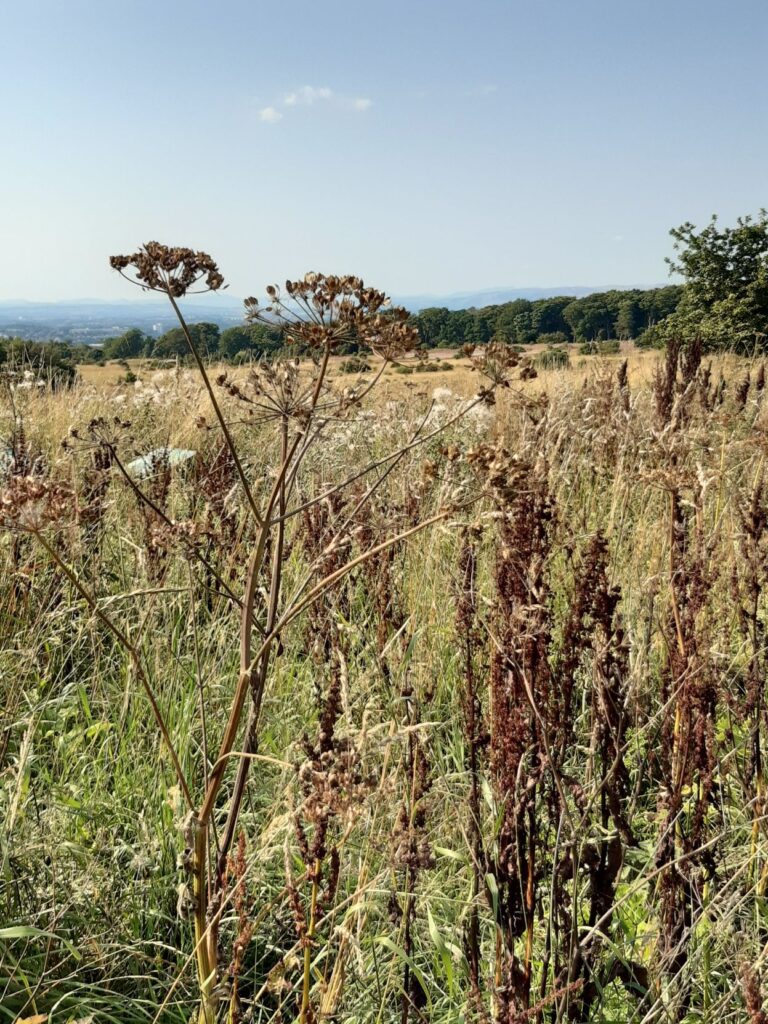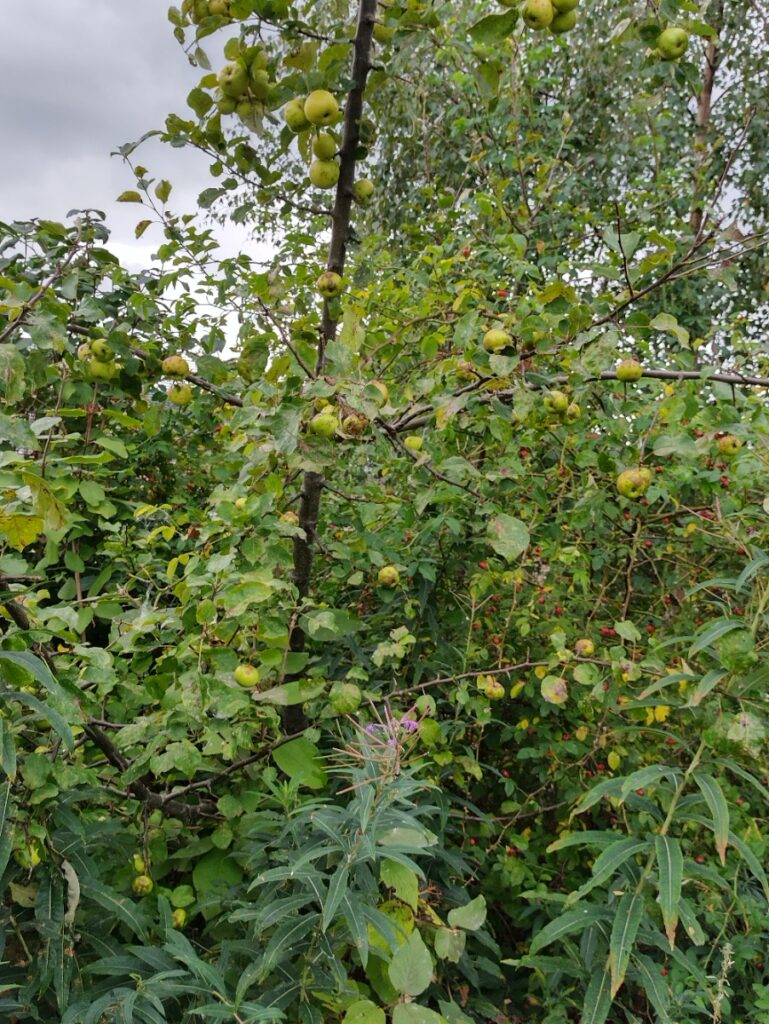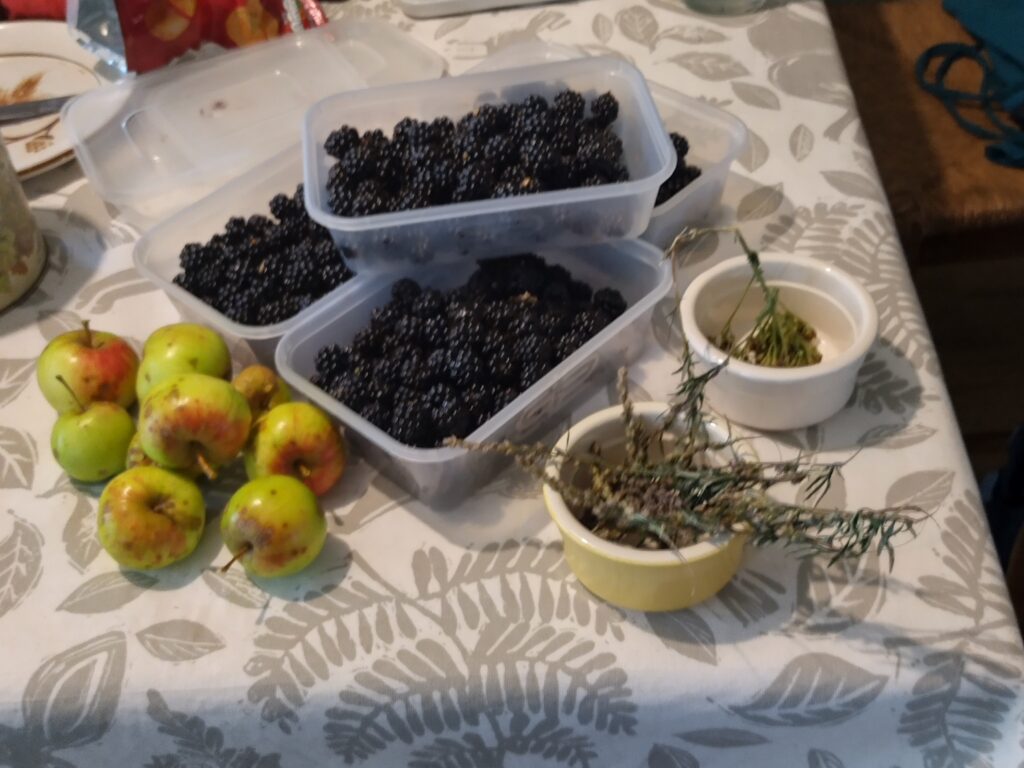
I have been finding out the history of this place. It has been occupied for a long time, and there was evidence of neolithic burials and cairns until the golf course was laid out and some rather nice late Victorian houses were built. Apparently that path I often photograph, with the beech trees and the wild apple, was once a Druid Grove, and the hill we walk up to where the rifle range is now used to have Beltane fires until the Reformation. There were Roman Camps here on Cathkin Braes, and there were coal mines in the fourteenth century. One French observer noted that labourers would be paid in ‘black stones’, which they set on fire, much to his amazement. It has been multi-cultural, and multilingual too, with speakers of Latin, Gaelic, Brittonic, Pictish and English all occupying the area at one time or another.
It is all fascinating, but a lot of recent history is quite discouraging. This bit of country has been fought over, picked up, put down, taken in battle, or given away as dowries in complicated and repetitive squabbles since the Romans left. Farming has been a struggle, and mining, weaving, iron and steel making, quarrying and engineering have all been tried here, and abandoned. The few who made any money moved on, leaving the poor behind. Listening to today’s news, I know how it felt.
But there is another story too. The author of the book I read speaks of a both the independent spirit of this town comapred with a lack of self-confidence in Scotland at large, and this is quite evident too. This is a resilient community, and a creative one. Schools and libraries have flourished here, poets and novelists, including one referenced by Burns lived close by at Gilbertfield Castle. The park is the first public park in Britain, and still has the slogan ‘At the Expense of All, for the Enjoyment of All’ proudly displayed at its gate. The park is well used, football, nursery schools, mothers doing yoga, fitness groups and joggers, dog walkers and old people sitting on the benches in the sun. There’s even a community orchard. The community is friendly, welcoming and generous and we are planning great things for Halloween, which we celebrate with enthusiasm.
It is the most bountiful place too. In the spring I was amazed by the blossoming trees, and now there are so many berries everywhere. We went along the Clyde Walkway to pick brambles, but there were also hawthorns and rowan berries, rose hips and elder, and even some wild apple trees.

We picked enough brambles for jelly and crumbles, leaving plenty for birds and other foragers. I’ve started here the way I mean to go on, and maybe forge some new local history.
